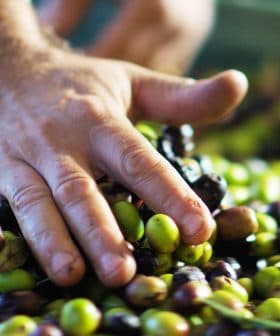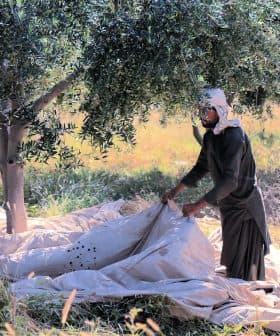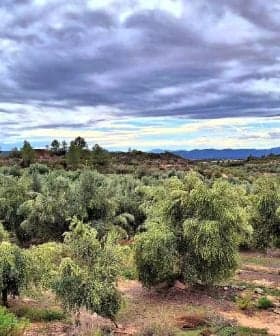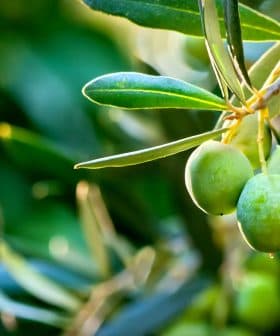Turkey Opposes Extending Barjol's Contract
Turkey, represented by İsmail Kalender, has objected to extending the contract of International Olive Council executive director Jean-Louis Barjol and other senior officials due to concerns about institutional experience. Negotiations are underway to draft a new treaty governing the IOC, with the European Commission seeking a 12-month extension of the current agreement that expires next month.

Turkey has objected to a proposal to extend the contract of the International Olive Council (IOC) executive director, Jean-Louis Barjol and other senior officials, on the grounds that it would “disregard the Council’s institutional experience of overcoming problems.“
In a letter to the European Commission, İsmail Kalender, general manager of cooperative affairs for the Customs and Trade Ministry and head of the Turkish delegation to the IOC, wrote, “I am of the opinion that institutional structure takes precedence of individuals and personal point of views.”
An undersecretary of the Turkish trade ministry, Neşet AKKOÇ, is the current IOC chair.
The treaty governing the IOC runs out next month and confidential negotiations are underway to draft a new charter. The European Commission is negotiating the new treaty on behalf of the EU, which is an IOC member.
The Commission asked the IOC Council of Members for a 12-month extension of the 2005 agreement because “progress is such that it is now certain that the deadline of 31 December 2014 for the conclusion of an agreement cannot be met.” The IOC Council of Members can prolong the agreement for up to two, 24-month periods.

In his letter, Kalender objects to the “interlinking” of extending the treaty with the extension of the tenure of senior officials, including the executive director.
Kalender also said Barjol “usurped the powers of the Council,” and made an “illegal transaction” contrary to three decisions by the IOC and its committees on staffing procedures cited in the letter. “The essential issue for ensuring the continuance of the corporate structure in a stable manner is trust and honesty,” Kalender wrote.
Barjol’s four years at the IOC has been a period of major challenges in the sector. His early campaign pledge to engage the United States, even welcome it as an IOC member, was never to materialize. On the contrary, efforts by burgeoning American producers, and their like-minded mates in Australia, have had the intended effect of marginalizing the intergovernmental organization at every turn.
Despite a steady stream of science supporting the unrivaled health benefits of olive oil consumption and the emerging wealth in huge markets like Russia, India and China, global olive oil consumption is lower now than when Barjol took office, failing even to show a gain with population growth over the term.
The low point in the Barjol administration might have been early 2013, when the organization’s budget impasse required it to operate in a state of limbo that prevented Barjol’s travel to represent the sector at a key Codex meeting.
High-profile exposés such as Tom Mueller’s Extra Virginity, a critical report by the University of California at Davis and a New York Times infographic have proceeded to slam the reputation of olive oil in general and confound consumers, while well-funded campaigns by seed oil producers gladly took advantage of industry infighting.
In an indication of how little good news there has been during his tenure, Barjol launched an effort in late 2012 to foster “positive writing by journalists about the olive industry,” by offering €5,000 for the best article “promoting the desire to discover and enjoy olive oil and table olives” — only to cancel the contest after the deadline due to the lack of entries.









